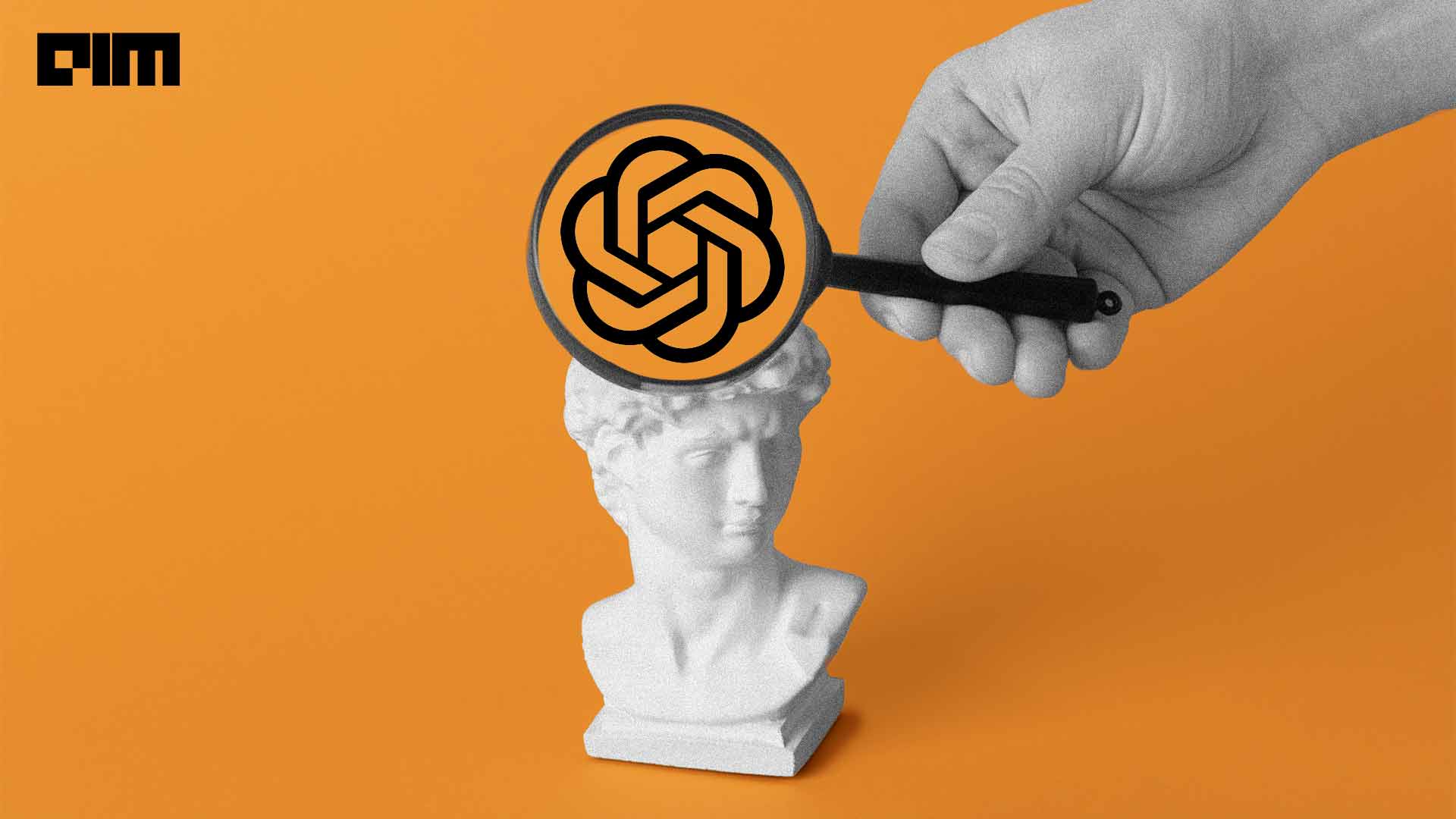
OpenAI has now unexpectedly become enterprise friendly. The creator of ChatGPT recently announced that it has chosen the San Francisco based data labelling company, Scale AI as its preferred partner to fine-tune GPT-3.5 for enterprises. This development came a day after OpenAI announced that fine-tuning for GPT 3.5 Turbo API is now available and the same facility for GPT-4 is coming this fall.
Scale, founded in 2016 by Alexander Wang and Lucy Guo, helps enterprises in building their own models or applying foundation models to their business, through data labelling and reinforcement learning with human feedback (RLHF). The company claims that its product Data Scale engine improves enterprise models by improving the data quality.
In their recent blog post where Scale AI announced its partnership with OpenAI, the company highlighted its prior collaboration with Brex, an American financial service and technology company. In this collaboration, Scale AI fine-tuned the GPT-3.5 API using Brex’s data, which was annotated with Scale’s Data Engine. The company claimed that results were remarkable and the fine-tuned GPT-3.5 model consistently outperformed the stock GPT-3.5 turbo model in 66% of cases.
OpenAI in the blog post said that Scale customers can now fine-tune OpenAI models just as they would through OpenAI, while also benefiting from Scale’s enterprise AI expertise and Data Engine. By making this move, OpenAI will also get access to Scale’s customers, which means the company will make more profit.
OpenAI’s announcements recently were all about fine-tuning the APIs of the existing models GPT-3, GPT-3.5, GPT-3.5 Turbo and GPT-4. On the other hand, the company had always been hell-bent towards achieving its AGI goals. For enterprise, Microsoft had been the key player all this while. When Microsoft made a multi-billion dollar investment in OpenAI at the beginning of the year, it was made clear that Azure will remain the exclusive cloud provider for all OpenAI workloads across research, API and products.
On the other hand, Scale is not a cloud provider, but it will allow enterprises to get access to OpenAI’s GPT-3.5 to fine-tune it. At the moment, the features provided by Scale AI are already accessible through Azure OpenAI service, including customisation of models using their own training dataset. Something’s surely fishy.
All not well with Microsoft?
In the last two weeks, there have been enough indications that things are not going so well between Microsoft and OpenAI. The Information’s latest report about Microsoft deciding to partner with Databricks was the final nail in the coffin.
The report said Microsoft is planning to sell a new version of Databricks’ software that helps customers make AI apps for their businesses. The tech giant plans to sell it through its Azure cloud-server unit, which will help companies make AI models from scratch or repurpose open-source models as an alternative to licensing OpenAI’s proprietary ones.
As a consequence, certain Microsoft clients might find themselves utilising open-source models rather than the closed-source alternatives from OpenAI, as data privacy with OpenAI’s models is a constant concern for many companies.
This move by Microsoft hinted that it is moving away from OpenAI and looking out for more partners which can help them make their Azure cloud services better for enterprises. To counter that, OpenAI is now also offering similar services on the Scale’s platform through which enterprises will be able to mould models according to requirements and on personal data.
OpenAI making up for the absence of GPT-5?
Earlier this month, OpenAI filed a trademark for GPT-5. Given the GPU shortage in Silicon Valley, it is still questionable about how the model is going to get built. Possibly, by announcing fine-tuning for its existing models, OpenAI is stalling the release of GPT-5 and making up for its absence.
Furthermore, OpenAI’s Logan Kilpatrick recently took to X and said that he is carving out time in the next two weeks to try and help improve GPT-4 and 3.5. “Please share examples of the model not performing well, the more details the better” he asked his followers, indicating OpenAI’s current focus is not GPT-5, rather improving existing models.
The company hasn’t been able to make GPT-4 multimodal yet, which it promised would happen during the announcement. Currently, OpenAI is just trying to grab enterprise’s attention as it is not able to please its regular customers with ChatGPT.
OpenAI teaming up with Scale AI means they’re venturing into a different direction and stepping away from their pet product, ChatGPT.
It has been 10 months since it was released and right now the harsh reality is that it has become stagnant with nothing new to offer to the users. There have been reports clearly indicating a decline in users.
OpenAI hasn’t been able to upgrade it with real time data yet, its information is still limited to September 2021. Also, there is absolutely no idea what is going on with plugins and the plugins store. Interestingly, Sam Altman had made it clear earlier that OpenAI would not release more products beyond ChatGPT.
For OpenAI, the best option to make money and continue existing is to focus on serving businesses. For that, the partnership with Scale AI makes a lot of sense.
The post The Real Reason Why OpenAI Partnered with Scale appeared first on Analytics India Magazine.